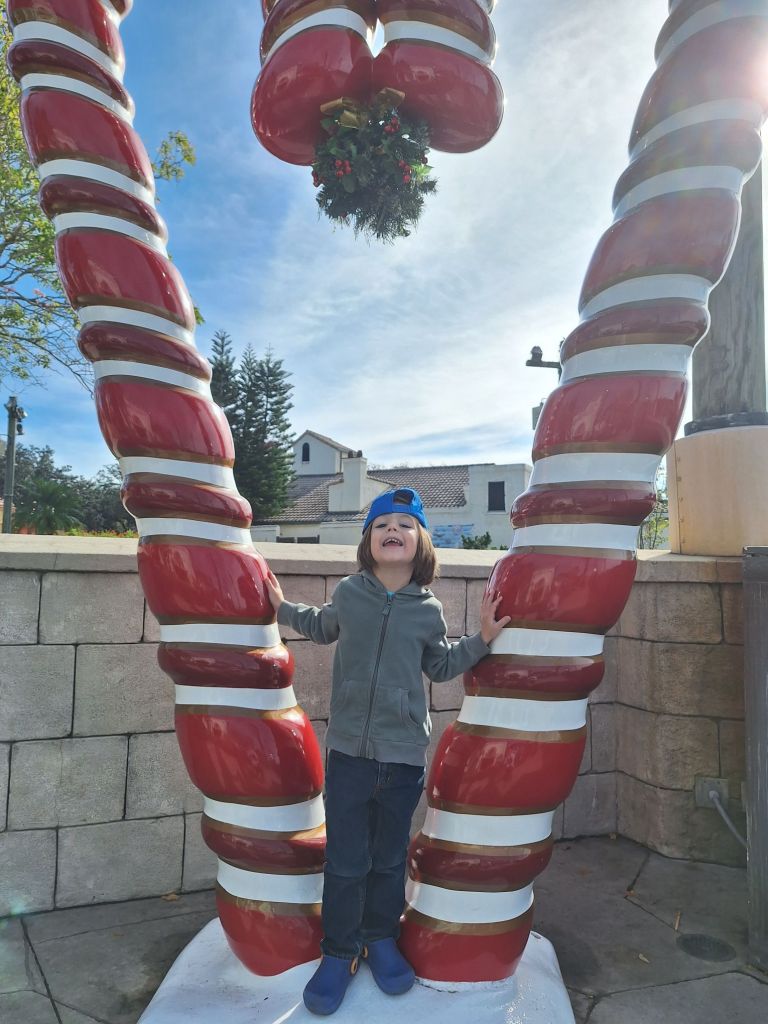Thanks for joining me for another edition of the SerenityThroughSweat blog. I have not been writing nearly as much as I would like to lately. Life has a tendency to get in the way.
This time of year with holidays, birthdays, anniversaries, and the extra curveball life always has in store, often leaves me feeling overwhelmed.
There are some aspects of my life, compartmentalized away, where I am very disciplined. Others however, to include writing, have yet to become a permanant fixture, I find that I am wont to revert back to less engaging activities when i ought to be writing instead.


So it was, that I found myself watching Interstellar for the first time on a long deadhead flight from LAX to ATL. I found the fatherly dynamic of the movie extremely touching. The contrast in Matt Damon’s characters from the Martian to Interstellar, is a great comparison of the spectrum of human problem response.
No spoilers here, even though both movies have been out for quite a while, but Mark Whatney (Matt Damon in the Martian) meets his problems head on, whereas his Interstellar counterpart (Dr. Mann) has a much more defeatist attitude.

Being stranded on Mars with not enough food or supplies, and little hope of rescue is obviously a very dire situation. Much more serious than nearly everything we experience in our daily lives. Yet our brain has a hard time recognizing scale and amplitude without context.
The worst thing that has ever happened to you is the worst thing that has ever happened to you. Whether that is being marooned on an alien planet, or if you spilled coffee on your new shirt. The brain makes assessments on past experiences, not on absolute spectrums.
Fostering an environment of controlled and risk minimal discomfort, can help us recognize where unexpected problems actually fall on that spectrum. It can also help us remain calm and analytical while assessing those problems.





Aviation, parenting, and Jui jitsu all fall into these categories. Maybe that is why I like them so much.
They all present complex.problwms that need to be solved. Some of them may seem overwhelming, or too big to take on. Sometimes it isn’t the size of the problem, but the long list of small problems that never seems to shrink.
Like our space pirate friend said, you get to work. You solve one problem and then the next. If you solve enough problems, you get to go home.
There are a lot of similarities to this philosophy in the aviation world. We have a systematic approach to analyzing our situation, and then working through problems as the arise until reaching a logical conclusion.



These past few weeks, I have summoned my inner Mark Watney more than a few times. You have a plan for how the day is going to go, and it starts going sideways. It is easy to be overwhelmed by the growing tower of problems that need to be solved, tasks that need to be accomplished.
Or you can get to work, one problem at a time. And if you solve enough problems, complete enough tasks, you get to go home.
Jui Jitsu is at its core problem solving. You give your opponent a problem. Theh responds and give you a problem right back. Whoever is unable to solve the problem and respond ends up submitting. Problem solving, with potentially deadly consequences, but in a controlled and risk mitigated environment.
Sometimes, you don’t have the solution readily available. You may have some ideas, theories, guesses, about how to tackle the situation. That leaves you with an uncertain outcome.

That’s where the science comes in. You make a hypothesis. You test it. You gather the information. You analyze the data. Rinse and repeat.
This way of thinking. This way of approaching life’s problems has compounded over generations to change the way we live our lives.
Even if you don’t work in the “sciences,” you can easily see how this philosophy plays out on the mats, or with your kids.



Control the variables you can, make a hypothesis, test it. Collect the data, and go back and try it again. Maybe you break the cycle of submitting (on the mats or with the kids, I still tap early and often.)
If you science the shit out of it, and solve enough problems, you get to go home, where you will likely find some serenity.





Thanks for joining me, stay safe and stay sweaty my friends.






































